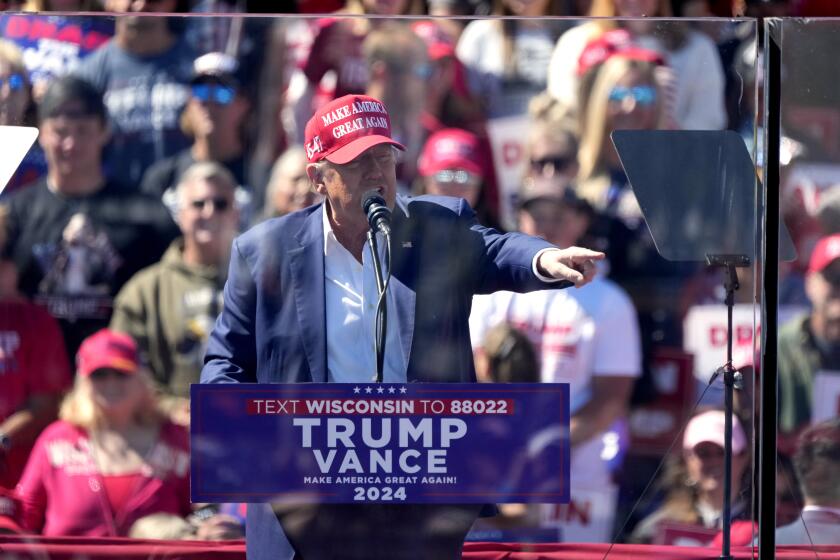Reporter Accused of Spying in China
China announced today that it had formally arrested a veteran Hong Kong journalist on charges of spying for Taiwan in a case closely watched in Hong Kong.
The official New China News Agency said Ching Cheong, detained by mainland authorities since April, “followed the instructions of the Taiwan intelligence and set up a number of channels for espionage in both Hong Kong and the island” between 2000 and March 2005. It termed Ching’s actions “detrimental to the national security.”
His wife, Mary Lau, could not be reached for comment.
Ching, 55, a well-respected reporter for Singapore’s Straits Times, had been seized by police in the southern Chinese province of Guangdong. Supporters and his wife say he was on a reporting trip to obtain documents about former Chinese Premier Zhao Ziyang. The late Zhao was discredited by Beijing for his support of students in the 1989 Tiananmen Square uprising.
Beijing says Ching was on a spying mission. The news agency said he was recruited by Taiwan’s National Security Bureau in 2000.
Under the name Chen Yuanchun, the agency added, Ching bought information about China’s political, economic and “especially military affairs, including some classified as ‘top-secret’ or ‘confidential,’ and passed it to the Taiwan intelligence.” It said he was paid “several million Hong Kong dollars” for his work.
China frequently levels spy and national security charges against critics or those who politically threaten or embarrass the regime. If indicted and convicted, Ching could face the death penalty.
Analysts said the charges and strong wording reflected Beijing’s desire to save face given the criticism Ching’s detention had engendered, even among ordinarily pro-Beijing residents of Hong Kong.
“Chinese authorities certainly feel the need to justify Ching’s detention, arrest and prosecution,” said Joseph Cheng, a professor with the City University of Hong Kong, who has known Ching for 25 years.
“They want to answer to the Hong Kong community and media that they made no mistakes.”
The gravity of the charges suggest that Ching could receive a long prison sentence. Supporters are hoping, however, that he might be released and deported after the initial furor dies down, as Beijing has sometimes done in the past. The news agency did not say what the next step in the case would be.
International media watchdog groups said Friday’s disclosure does not augur well for the future of democracy or more open debate in China.
“The pattern we’re seeing is very disturbing,” said Abi Wright, Asia coordinator for the New York-based Committee to Protect Journalists. “The use of these kinds of security charges is a change for the worse.”
Ching left the pro-Beijing Hong Kong newspaper Wenwei Po after the Tiananmen uprising to protest his employer’s stance and helped start a more critical magazine. But that periodical received little advertising support and ultimately closed. His views made it difficult to get a job in Hong Kong’s close-knit community, supporters say, prompting him to join the Singapore newspaper covering Chinese issues.
Supporters say he had excellent sources and was quite patriotic toward China. There were reports that he was also trying to bridge strained relations between Taiwan and China, working with Chinese scholar Lu Jianhua, who has also been arrested.
“The feeling among average Hong Kong people is pretty bad right now,” said Cheng, the university professor.
Ching was generally seen as someone who wanted China to become more open and a well-respected member of the global community, he added.
“There’s a lot of cynicism in Hong Kong right now,” Cheng said. “There’s a feeling that genuine patriots, who want China to be strong and follow the rule of law, get into trouble.
“Meanwhile, phony patriots ... engage in trade and make a lot of money.”
More to Read
Sign up for Essential California
The most important California stories and recommendations in your inbox every morning.
You may occasionally receive promotional content from the Los Angeles Times.










